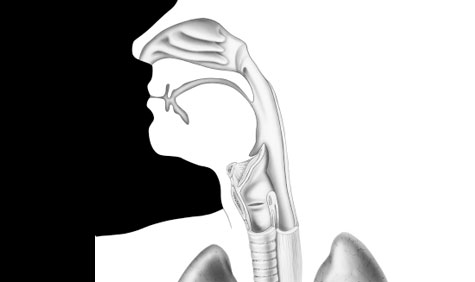Hoarseness (hoarse voice) is a general term that describes abnormal voice changes. When Hoarse Voice Causes the voice may sound breathy, raspy, strained, or there may be changes in volume (loudness) or pitch (how high or low the voice is).
The changes in sound are usually due to disorders related to the vocal cords that are the sound producing parts of the voice box (larynx).

While breathing, the vocal cords remain apart. When speaking or singing, they come together, and as air leaves the lungs, they vibrate, producing sound. Swelling or lumps on the vocal cords prevent them from coming together properly and changes the way the cords vibrate, which makes a change in the voice, altering quality, volume, and pitch.
What Are The Causes Of Hoarseness?
There are many causes of hoarseness. Fortunately, most are not serious and tend to go away in a short period of time. Some common causes of hoarseness are Acute Laryngitis, Vocal Nodules, Gastroesophageal Reflux and damage caused by Smoking. Some less common, but important causes include thyroid problems, neurological disorders, trauma to the voice box, and cancers of the voice box and gullet.
When to seek advice
- Hoarseness lasting longer than two weeks especially if you smoke
- Pain not from a cold or flu
- Coughing up blood
- Difficulty swallowing
- Lump in the neck
- Loss or severe change in voice lasting longer than a few days
